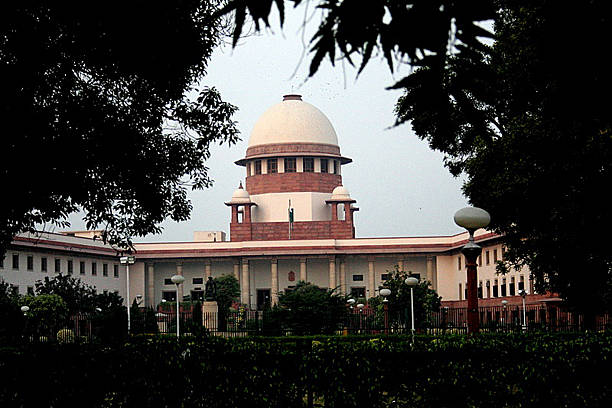The Supreme Court in the case Supriyo v. Union of India observed and has refused to grant legal recognition for queer marriages in India.
The Constitution bench headed by CJI DY Chandrachud, Justice SK Kaul, Justice Ravindra Bhat and Justice PS Narasimha with Justice Hima Kohli pronounced four judgements while concurring with the view of Justice Bhat. Thus, the Supreme Court declined the right of adoption to queer couples by the majority of 3:2
The bench of CJI DY Chandrachud and Justice Kaul in the case observed and has held the Central Adoption Resource Authority, CARA had exceeded its authority in barring unmarried and the queer couples from adopting as differentia between married couples and the unmarried couples had no reasonable nexus with the objective of CARA, thus, the other three judges in the bench did not agree with the same.
In the present case, the said bench was considering the legality of Regulation 5(3) of the CARA Regulations for adoption. The court noted that it has been provided under Regulation 5 for the eligibility criteria for prospective adoptive parents. Regulation 5(3) states that ‘no child shall be given in adoption to a couple unless they have at least two years of stable marital relationship except in the cases of relative or step-parent adoption.’
The bench of CJI stated that this regulation is in the violation of the Article 15 of the Constitution.
Further, the bench of CJI held that the said court could not be assumed that unmarried couples were not serious about their relationship. Thus, it has been held by two judges that there was no such material on record in order to prove that only a married heterosexual couple can provide stability to a child. The bench headed by CJI DY Chandrachud and Justice Kaul stated that Guideline of section 5(3) of the CARA Guidelines was unconstitutional and unmarried queer couples could adopt.
It has also been stated by the bench of CJI that the CARA Regulation 5(3) indirectly discriminates against atypical unions. Thus, the A queer person can adopt only in an individual capacity and the same has the effect of reinforcing the discrimination against queer community…Law cannot assume that only heterosexual couples can be good parents. This would amount to discrimination. So the adoption regulations are violative of the constitution for discrimination against the queer couples.
The bench of Justice Kaul also agreed with the view that the unmarried couples, including the queer couples, can jointly adopt a child.
The bench comprising of Justice Bhat, Justice Kohli, and Justice Narasimha disagreed with the CJI and has upheld the CARA regulations which exclude queer and unmarried couples as constitutional.
It has been stated by Justice Bhat that this is not to say that unmarried or non-heterosexual couples can’t be good parents…given the objective of section 57, the State as parents patriae has to explore all areas and to ensure all benefits reach the children at large in need of stable homes.




